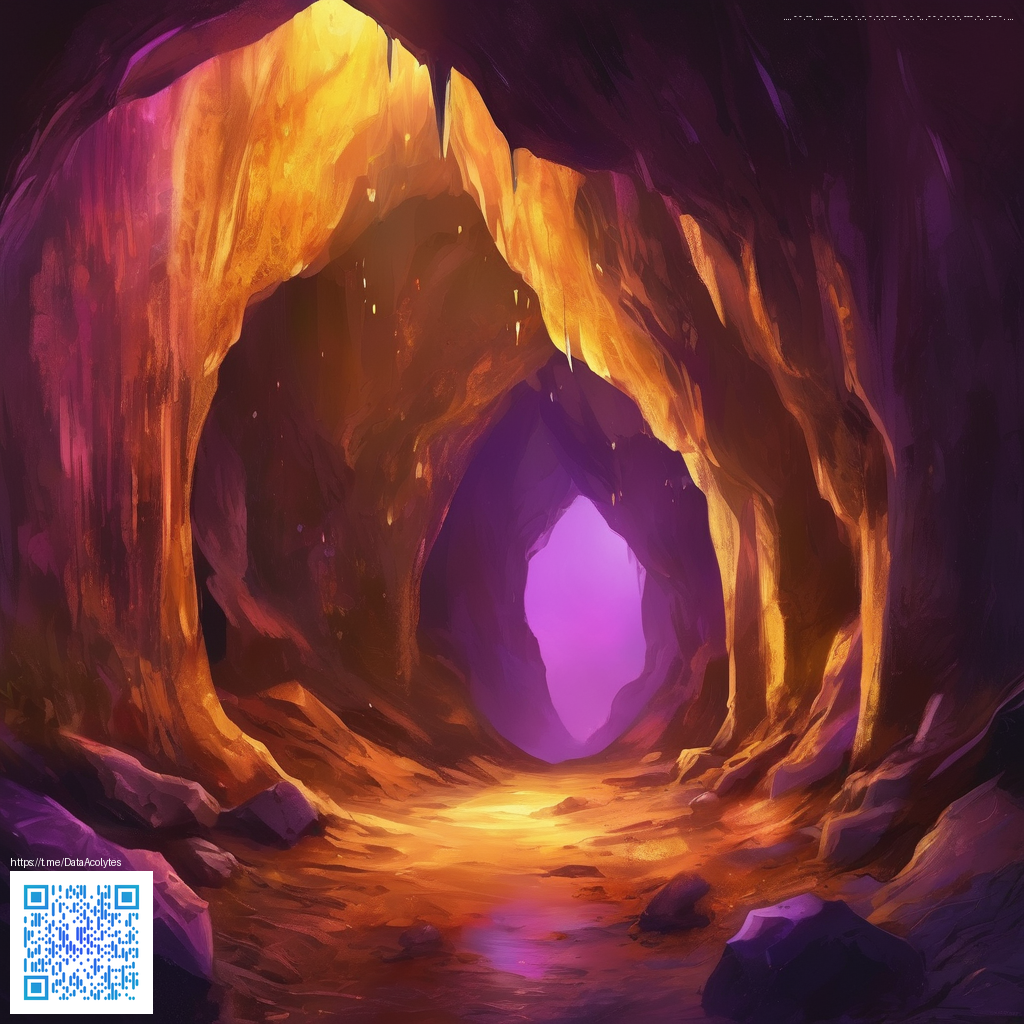
How Returnal Shapes Future Games and Roguelite Design
Returnal reimagined the marriage of action and roguelike progression, turning a brutal run based loop into a narrative throughline. Its fast paced gunplay, sharp bullet hell sensibilities, and procedurally generated biomes demonstrated that a roguelite could feel both merciless and deeply rewarding in equal measure 🎮. Since its initial release, developers and players alike have looked to its design as a blueprint for future genre crossovers that aim to marry skill based play with meaningful long term progression.
From a gameplay perspective the core loop remains deceptively simple. You dive into a procedurally generated world, gather new weapons and artifacts, and sprint toward the next encounter with limited resources. What makes Returnal stand out is how each run reshapes the available tools and risks you must navigate. The weapon system rewards experimentation and mastery, while the parasite and artifact system adds a layer of risk reward that keeps every decision feeling consequential 🕹️. It is this tension between short term precision and long term growth that many designers seek to replicate in future titles.
One standout aspect is the way co op and single player experiences were treated as a shared design space. In the Ascension patch, the developers at Housemarque explicitly balanced the world of Atropos for cooperative play, aiming to preserve the treacherous essence players expect while embracing new collaborative dynamics. The approach centers on ensuring that teamwork neither trivializes the run nor strips away the precision required to navigate dense enemy patterns and risky chamber layouts. It is a careful choreography that highlights how future roguelites can scale social play without diluting personal mastery 🎯.
The community around Returnal has embraced the game not just for its challenge but for how it invites discussion about strategy and progression. Players dissect weapon synergies, catalog parasite combinations, and push each other toward optimizing runs rather than simply clearing a level. The Tower of Sisyphus in particular has become a communal crucible, a place where players test limits and share breakthrough moments. This culture of collaboration and critique feeds back into design conversations about how to structure endgame loops that feel fresh after dozens of runs. The result is a living feedback loop where community experimentation informs subsequent updates and ideas.
From an update coverage angle, the Ascension patch introduced two major features that future games will likely emulate. Co op play brought a new dimension to the roguelite formula by enabling cooperative tactics, shared risk, and complementary builds. The Tower of Sisyphus added a persistent challenge that persists beyond a single run, giving players a compelling reason to revisit the core loops with fresh constraints. It is worth noting that some content, like the Daily Challenge, is not available in Co op mode, underscoring the team’s commitment to preserving balance and challenge when players team up. These decisions illustrate a path forward for developers balancing solo and group experiences in new roguelites 🔧.
While Returnal invites modders and tinkerers to imagine alternate balance scenarios, the game remains a polished, officially supported experience that emphasizes its crafted systems over community led alterations. The broader roguelite landscape often thrives on modding culture that experiments with difficulty curves, accessibility, and meta progression. Returnal shows that even with strong official boundaries, a game can inspire vibrant community dialogue about how to push forward the design language of the genre. This dynamic informs not only how studios design around players preferences but also how players collectively propose new horizons for run based adventures.
In co op mode the world of Atropos has been rebalanced, so Returnal remains the treacherous experience you know and love
Looking ahead, the lessons from Returnal suggest several directions for future games. Prioritize a responsive, skill based combat loop that scales with new tools and unexpected modifiers. Pair that with a robust progression structure that rewards experimentation across runs rather than punishing repetition. Support cooperative play as a distinct pathway that preserves challenge while enabling shared tactical depth. Above all, trust the community to surface what excites players about risk, reward, and the thrill of the next run 🎮🔥.
As developers iterate on roguelite concepts, Returnal stands as a reminder that it is possible to design games that feel both relentlessly unforgiving and irresistibly rewarding. The careful balance of weapon variety, meaningful progression, and thoughtful multiplayer integration creates a template that can guide future titles toward deeper player investment without sacrificing the kinetic thrill that defines the best run based experiences.
For fans who want a tangible companion to their gaming sessions, consider a sturdy accessory that keeps your gear protected during long nights chasing new runs. The Phone Case with Card Holder MagSafe is a practical choice for carrying essentials while you chase the next breakthrough on Atropos.
Phone Case with Card Holder MagSafe